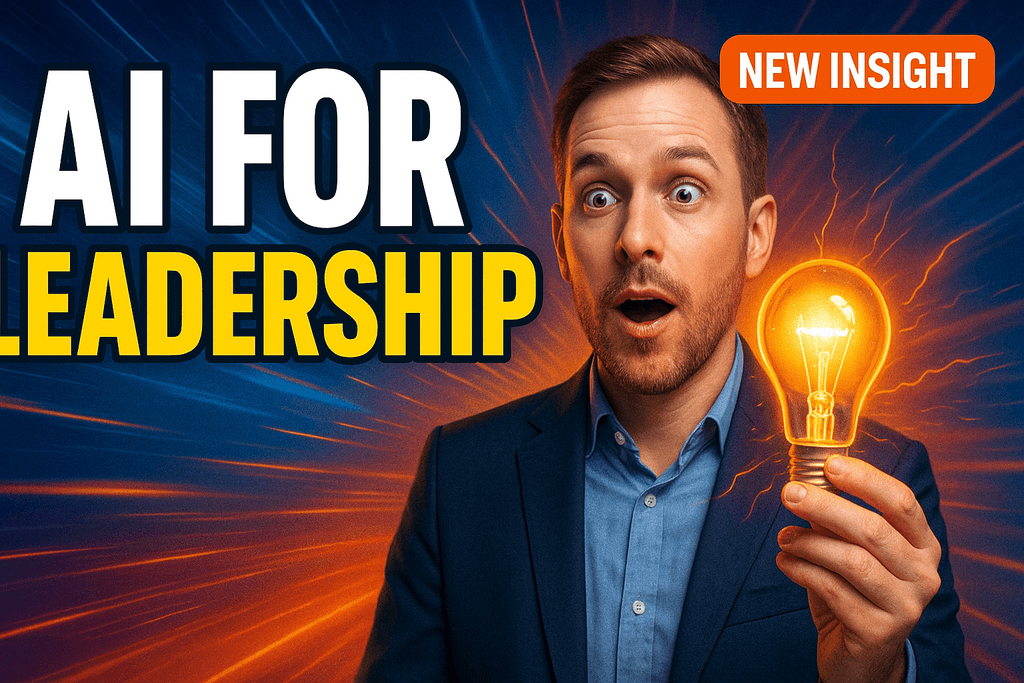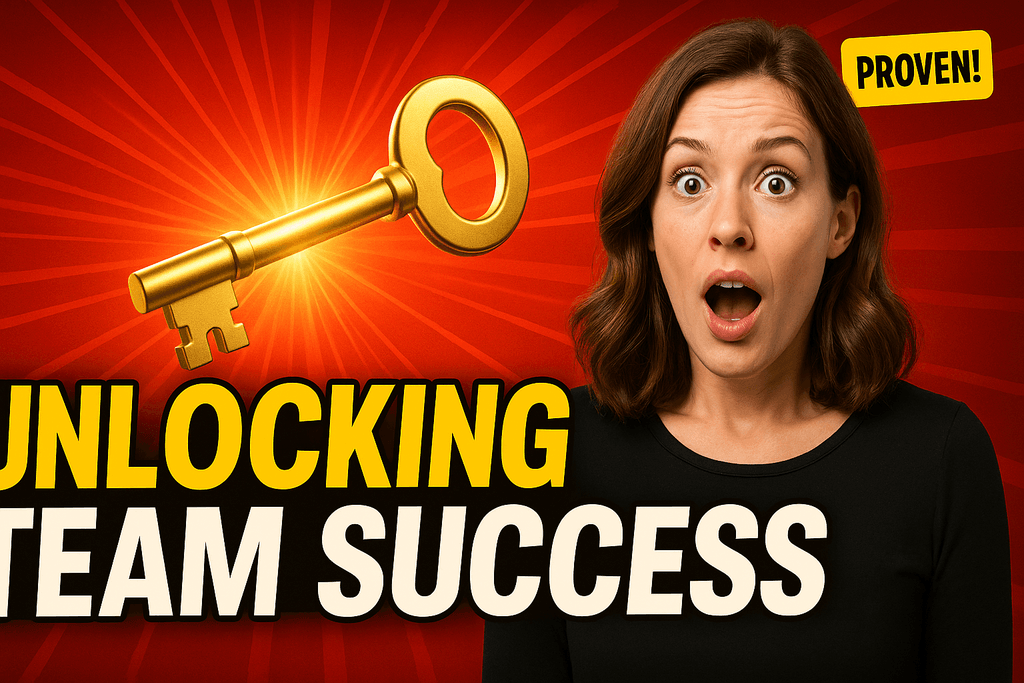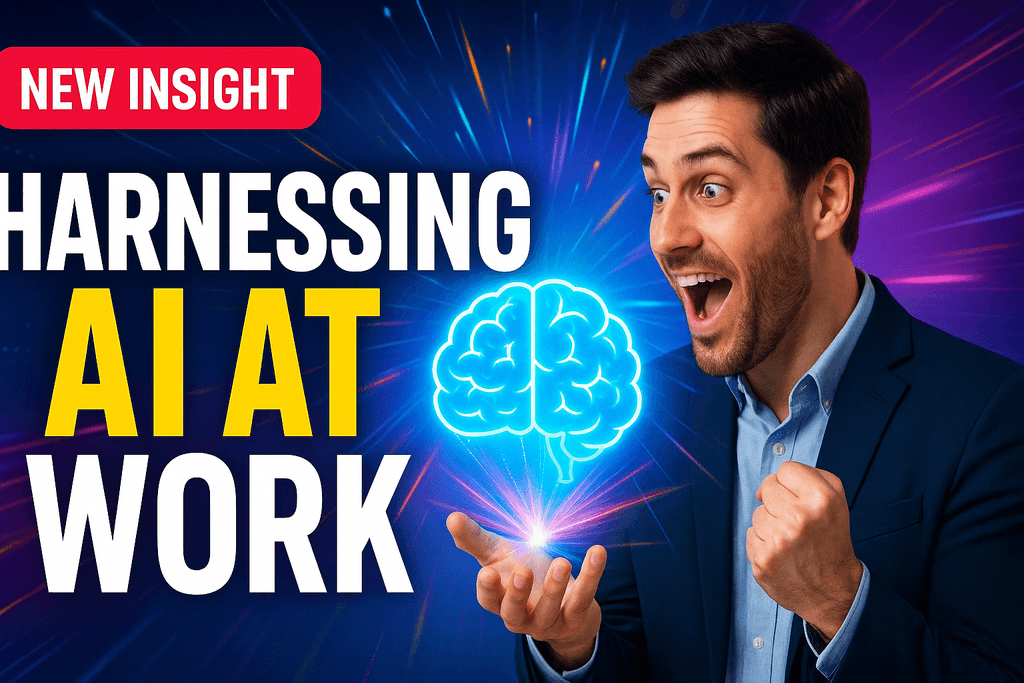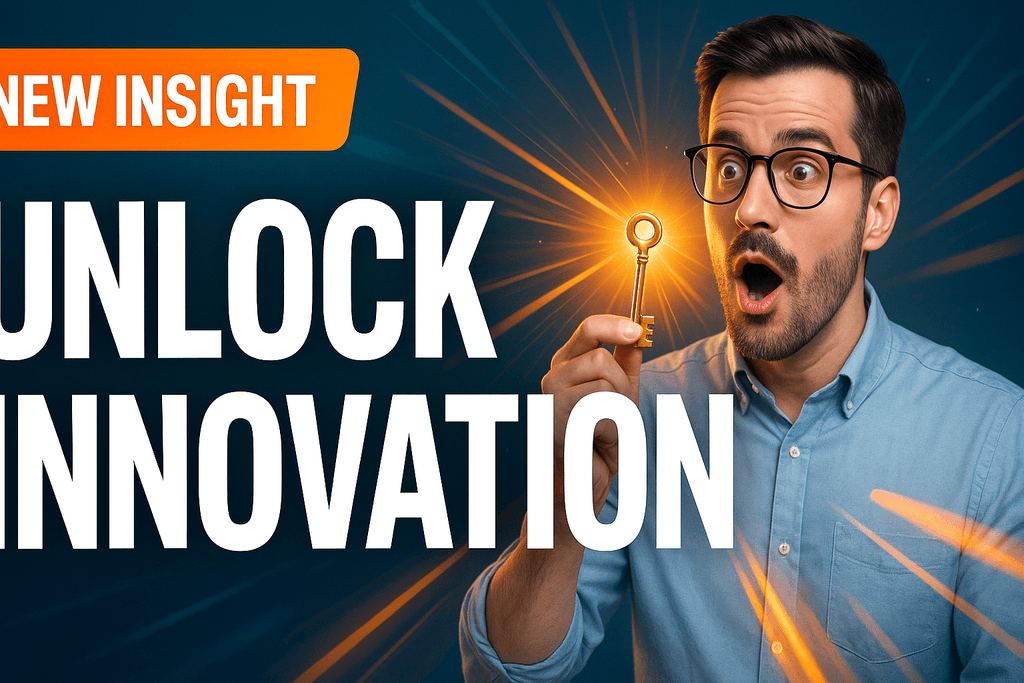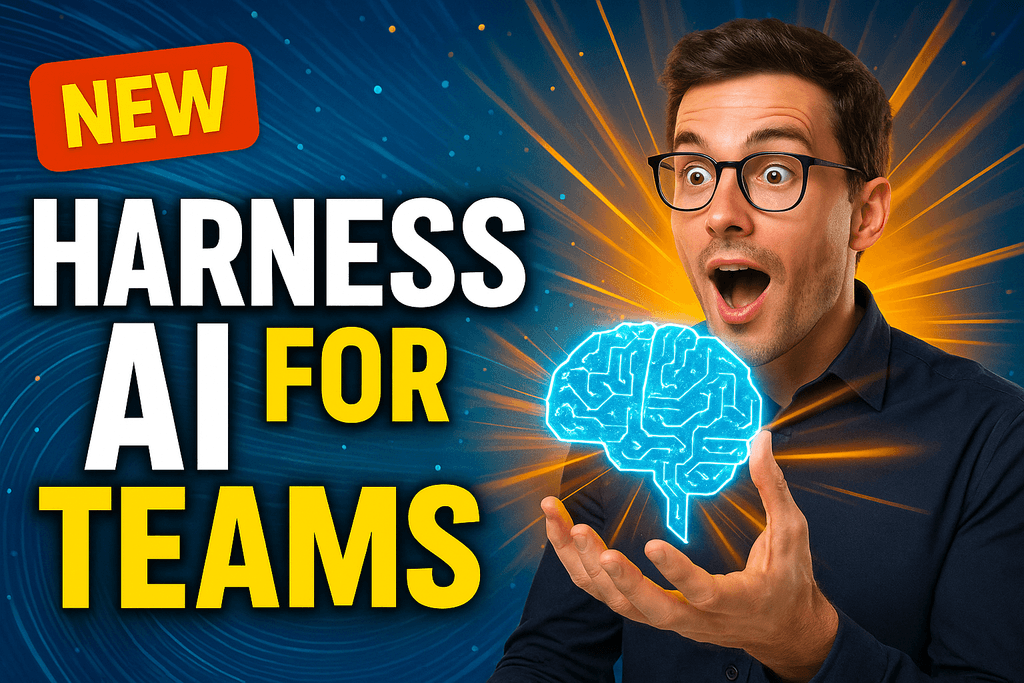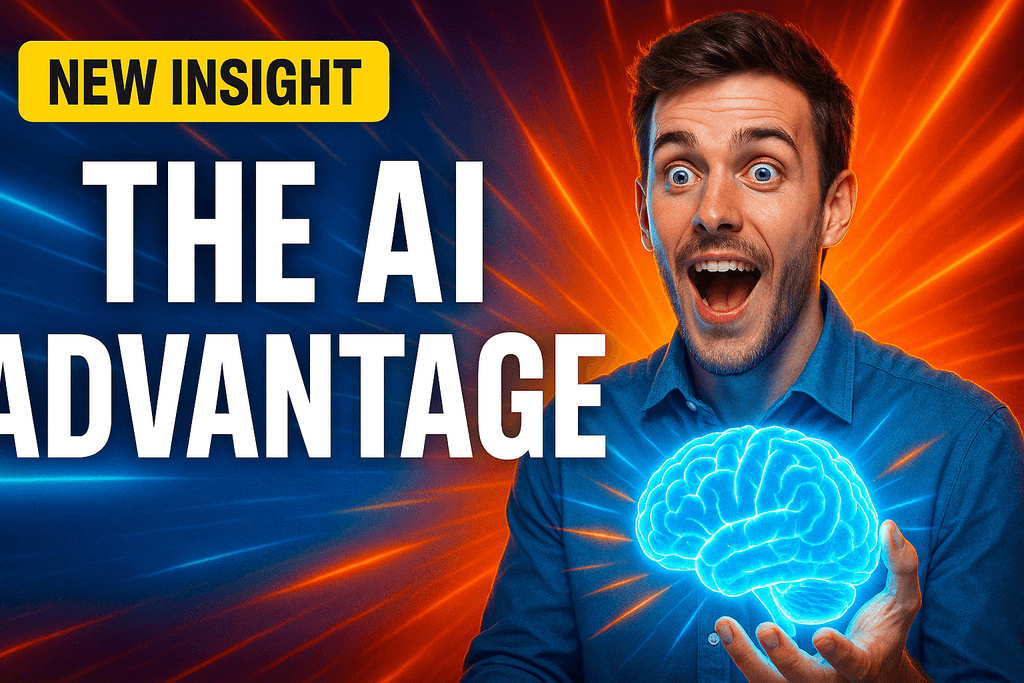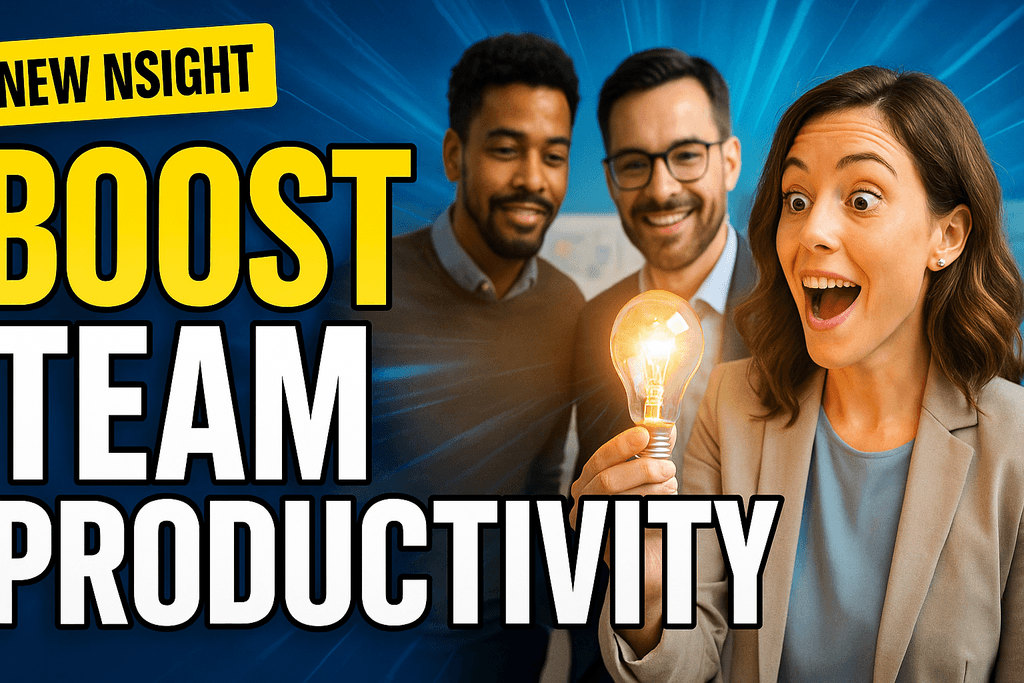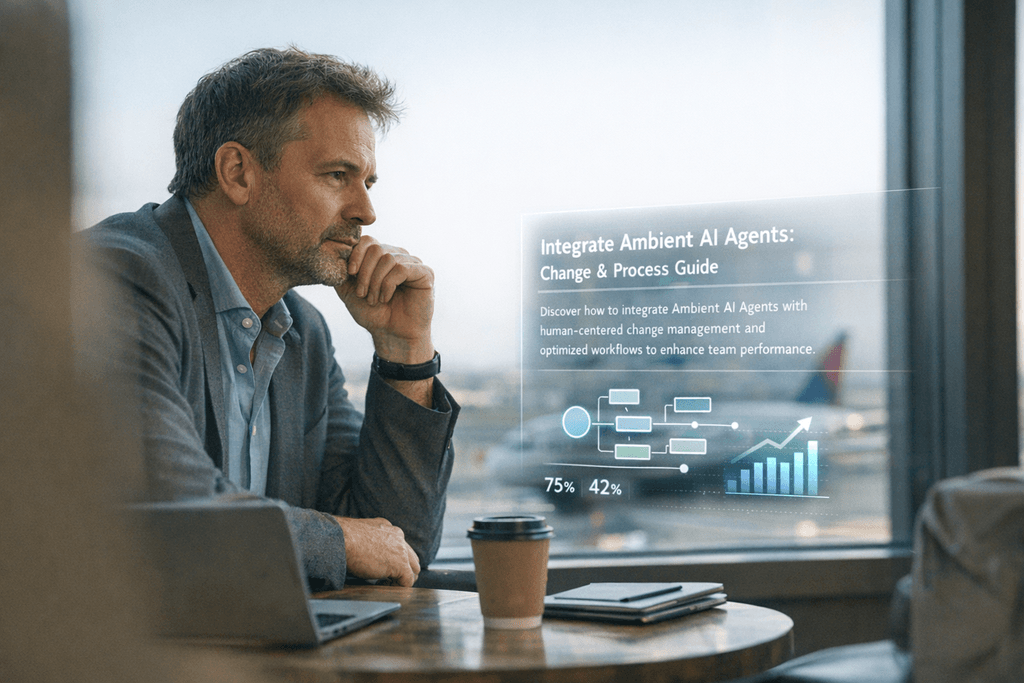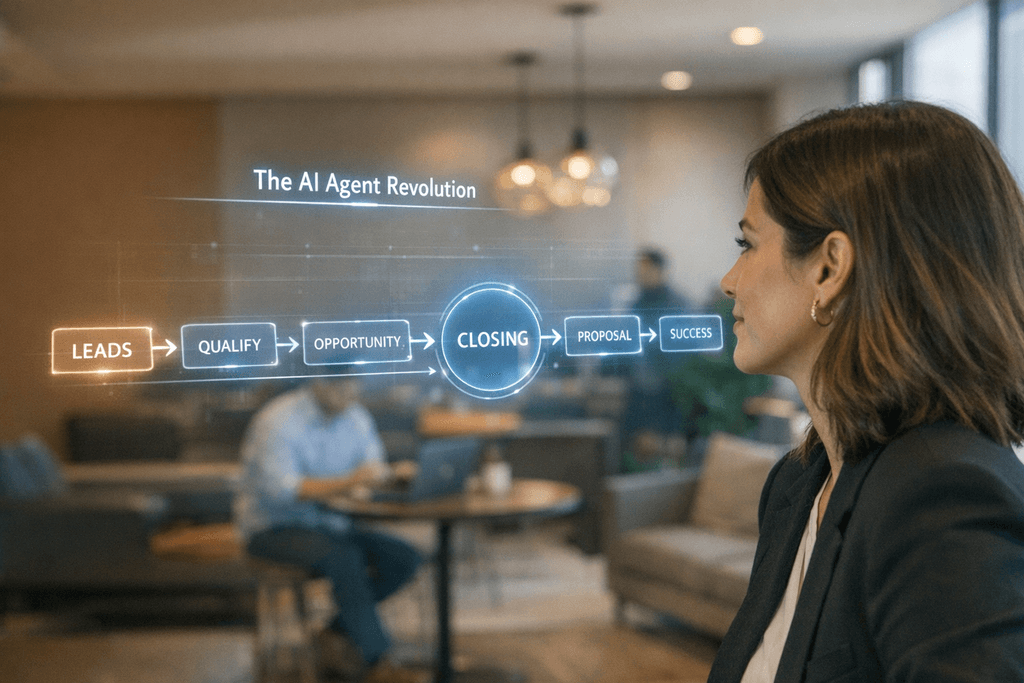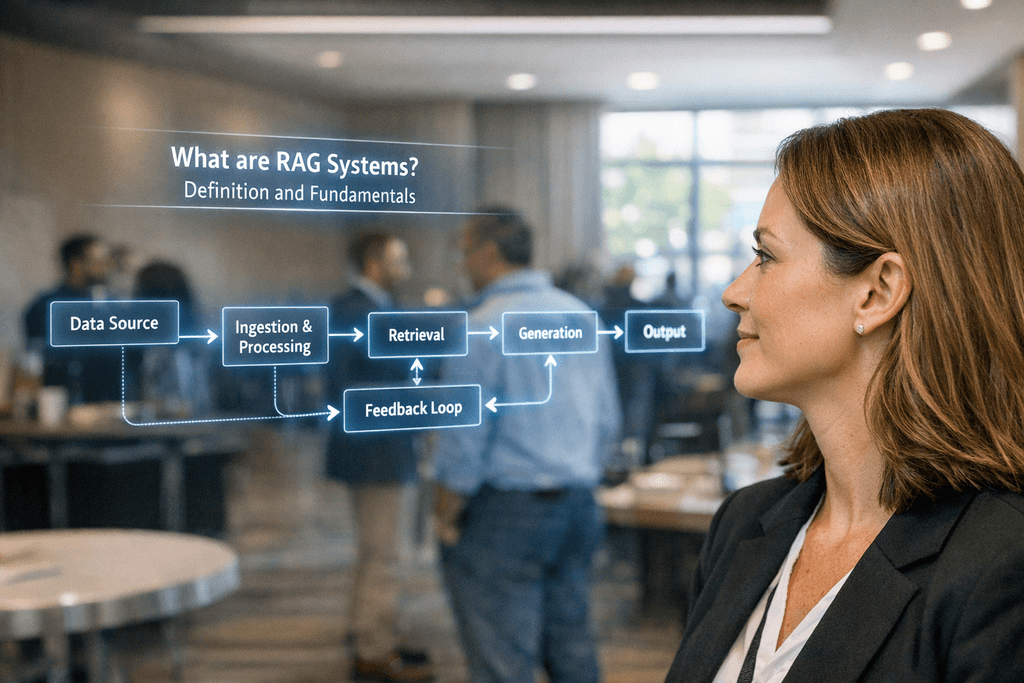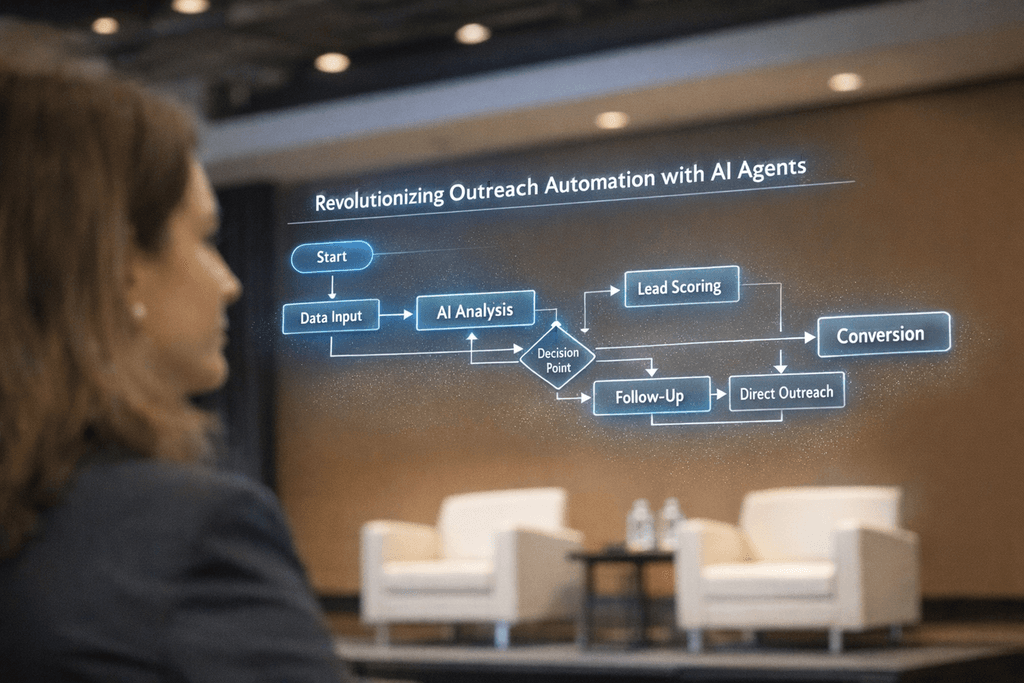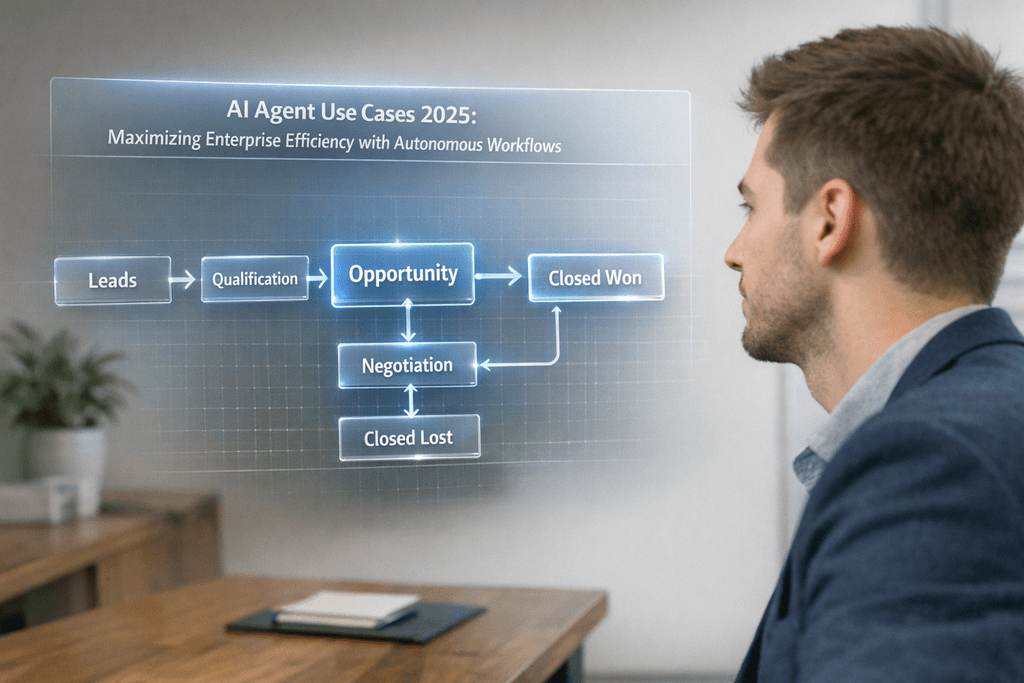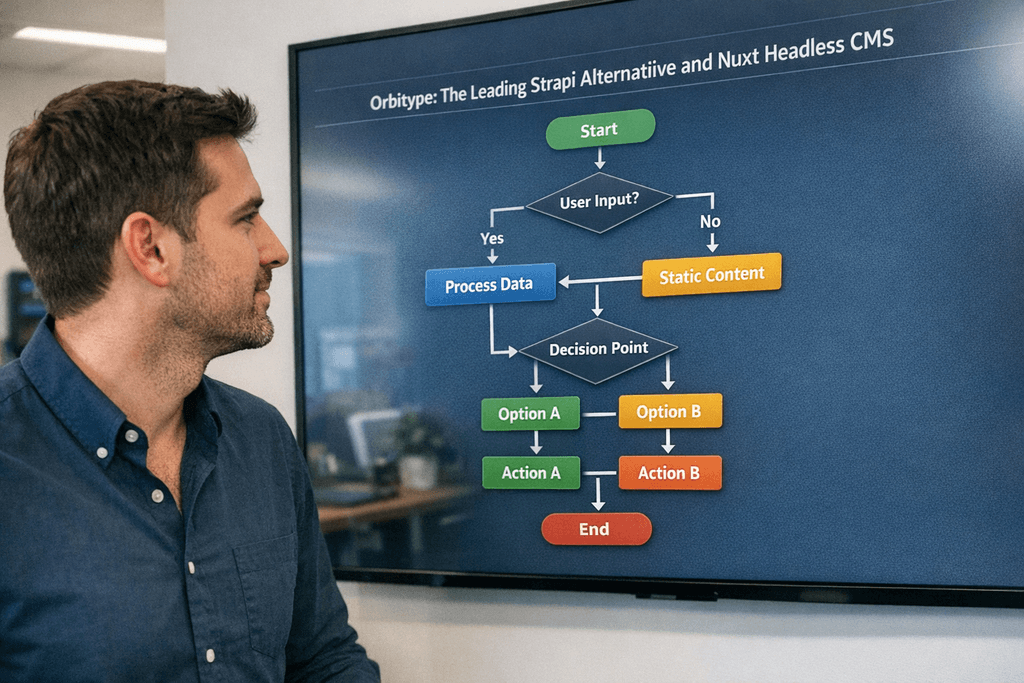
Table of Contents
Understanding Orbitype as an Agentic Cloud OS
Orbitype is a powerful headless Content Management System (CMS) that has evolved into a comprehensive Agentic Cloud OS - a revolutionary platform where diverse use cases can be built seamlessly. Unlike traditional CMS platforms, Orbitype decouples the front end from the back end, allowing developers to manage content through APIs and deliver it to any device or application while leveraging intelligent AI agents for enhanced automation.
At its core, Orbitype combines PostgreSQL databases with cloud storage (S3), enhanced by compute resources, workflow automation, and third-party API integrations through serverless functions. This foundation enables the creation of headless CMS systems, CRM platforms, ERP solutions, and virtually any digital application with unprecedented flexibility.
API-First Approach: Orbitype provides a robust API, enabling developers to interact with content programmatically while AI agents orchestrate complex workflows automatically.
Flexibility: Developers can use any front-end technology, such as React, Vue, or Angular, to build their applications while AI agents handle backend processes intelligently.
Scalability: Orbitype is designed to handle projects of any size, from small blogs to large enterprise applications, with AI workforce capabilities that scale automatically.
Cloud Storage Integration with AI-Enhanced Workflows
Cloud storage is a service that allows data to be stored, managed, and accessed over the internet, providing a scalable and cost-effective solution for handling large amounts of data without physical storage infrastructure. AWS S3 (Amazon Simple Storage Service) is one of the most popular cloud storage solutions, known for its durability, security, and scalability.
Within Orbitype's Agentic Cloud OS architecture, cloud storage integration goes beyond simple file management. AI agents continuously monitor, organize, and optimize data storage patterns, automatically implementing lifecycle policies and ensuring optimal performance. These intelligent systems analyze usage patterns, predict storage needs, and proactively manage data distribution across different storage classes.
The integration of AI workforce capabilities transforms traditional cloud storage into an intelligent, self-managing system that adapts to changing business requirements while maintaining security and compliance standards.
AI Agents: The Intelligence Layer of Modern Cloud Storage
Enhanced Data Management with AI Workforce
One of the primary benefits of integrating Orbitype with AWS S3 is enhanced data management through intelligent AI agents. These autonomous digital workers provide efficient ways to store and retrieve large datasets, particularly useful for web developers managing extensive content libraries. With Orbitype's AI workforce and AWS S3, developers can:
Store and Access Data Seamlessly: AI agents automatically optimize file storage, compression, and retrieval patterns, ensuring AWS S3 delivers maximum performance when accessing large files like images and videos.
Organize Content Intelligently: AI agents automatically categorize and tag content, creating intelligent folder structures and metadata that make data retrieval faster and more intuitive.
Collaborate More Effectively: Learn how Orbitype bridges the gap between developers and end-users to streamline content workflows and improve team collaboration in our guide on enhancing collaboration with Orbitype.
Autonomous Workflow Orchestration
AI agents within Orbitype's ecosystem don't just manage data - they orchestrate entire workflows. These intelligent systems can automatically trigger content processing pipelines, initiate backup procedures, and coordinate multi-step data transformations without human intervention, creating a truly autonomous cloud environment.
Scalability and Security Through Intelligent Automation
AI-Driven Scalability
Scalability is a critical factor for web developers, especially as their projects grow. Integrating Orbitype with AWS S3 offers unparalleled scalability through intelligent AI agents that:
Scale Storage Effortlessly: AI agents monitor usage patterns and automatically provision additional AWS S3 resources, ensuring developers never run out of storage space while optimizing costs through intelligent tier management.
Handle High Traffic Intelligently: The combination of Orbitype's AI workforce and AWS S3 can predict traffic spikes, pre-cache frequently accessed content, and distribute load automatically without compromising performance.
Autonomous Security Management
Data security is a top priority for web developers. AWS S3 provides robust security features that, when enhanced by Orbitype's AI agents, offer comprehensive protection for sensitive data. These intelligent security features include:
Intelligent Encryption: AI agents automatically apply appropriate encryption levels based on data sensitivity, supporting both server-side and client-side encryption while ensuring optimal performance.
Adaptive Access Control: AI workforce continuously monitors access patterns and automatically adjusts permissions, ensuring only authorized users can access specific data while detecting anomalous behavior.
Automated Compliance: AI agents ensure continuous compliance with various regulatory standards, automatically generating audit reports and implementing necessary data protection measures.
Best Practices for AI-Enhanced Cloud Storage Operations
Intelligent Data Organization
Organizing data effectively is crucial for maximizing the benefits of cloud storage integration. AI agents in Orbitype automatically implement best practices for data organization with AWS S3:
Automated Descriptive Naming: AI workforce generates clear and descriptive names for buckets and folders based on content analysis, making data retrieval effortless and intuitive.
Dynamic Folder Structures: AI agents continuously analyze usage patterns and automatically reorganize files into optimal folder structures based on categories, frequency of access, and business logic.
Intelligent Data Cleanup: AI systems periodically review storage usage, identify redundant or obsolete files, and automatically archive or delete unnecessary data to maintain efficiency and reduce costs.
AI-Driven Optimization
To optimize performance and costs when using Orbitype with AWS S3, AI agents implement advanced optimization strategies:
Autonomous Lifecycle Management: AI agents analyze access patterns and automatically implement lifecycle policies, transitioning objects to appropriate storage classes and managing retention periods without manual intervention.
Predictive Caching: AI workforce predicts content access patterns and implements intelligent caching strategies, reducing AWS S3 requests and improving load times while minimizing costs.
Continuous Performance Monitoring: AI agents continuously monitor storage usage, performance metrics, and cost patterns, automatically identifying optimization opportunities and implementing improvements.
Advanced Security and Compliance Automation
AI-Powered Security Orchestration
Implementing advanced security measures is essential when using Orbitype with AWS S3. AI agents provide comprehensive security orchestration that goes beyond traditional approaches:
Intelligent Versioning: AI workforce automatically manages AWS S3 versioning policies, maintaining optimal version histories while protecting against accidental deletions or overwrites through predictive analysis.
Adaptive Multi-Factor Authentication: AI agents analyze access patterns and automatically trigger additional authentication requirements based on risk assessment, ensuring enhanced security without impacting user experience.
Dynamic IAM Management: AI systems continuously evaluate and adjust IAM (Identity and Access Management) roles and permissions, ensuring principle of least privilege while adapting to changing business requirements.
Automated Compliance and Monitoring
Orbitype's AI agents ensure continuous compliance and monitoring across all cloud storage operations:
Real-time Threat Detection: AI workforce continuously monitors access patterns, data flows, and system behaviors to identify potential security threats and automatically implement countermeasures.
Automated Audit Trails: AI agents maintain comprehensive audit logs, automatically generating compliance reports and ensuring all data access and modifications are properly documented and traceable.
Intelligent Backup Orchestration: AI systems automatically coordinate backup strategies, ensuring data redundancy and recovery capabilities while optimizing storage costs and recovery time objectives.
Real-World Applications and Use Cases
Enterprise Content Management
Orbitype's Agentic Cloud OS excels in enterprise environments where AI agents manage complex content workflows. For instance, a global marketing team can leverage AI workforce to automatically organize campaign assets, optimize storage costs, and ensure brand consistency across multiple regions and languages. AI agents automatically tag content, create intelligent taxonomies, and maintain version control without human intervention.
E-commerce and Digital Asset Management
In e-commerce scenarios, AI agents within Orbitype can automatically process product images, generate optimized variants for different platforms, and manage inventory-related media assets. The system intelligently categorizes products, maintains image quality standards, and automatically archives outdated content while ensuring fast retrieval for active listings.
Media and Publishing Workflows
Publishing companies benefit from Orbitype's AI-enhanced workflows that automatically process multimedia content, generate metadata, and optimize distribution across various channels. AI agents can analyze content performance, suggest optimization strategies, and automatically implement content lifecycle management policies. Discover more about revolutionizing outreach automation with AI agents for comprehensive workflow solutions.
Future-Proofing with Agentic Architecture
Evolutionary Architecture Principles
Orbitype's Agentic Cloud OS represents a revolutionary architectural paradigm that evolves with technological advancement. The platform's AI agents continuously learn from usage patterns, automatically adapting to new requirements and optimizing system performance without requiring manual reconfiguration. This evolutionary approach ensures that applications built on Orbitype remain competitive and efficient as business needs change.
Vendor Lock-in Prevention
Unlike traditional cloud platforms, Orbitype's architecture prevents vendor lock-in through its flexible, API-driven approach. AI agents can automatically migrate data between different cloud providers, optimize multi-cloud strategies, and ensure seamless portability. This flexibility is crucial for enterprises seeking long-term technological independence and cost optimization.
Continuous Innovation Integration
The Agentic Cloud OS architecture enables automatic integration of new AI capabilities and cloud services as they become available. AI workforce continuously evaluates emerging technologies, automatically testing and implementing beneficial innovations while maintaining system stability and security. Learn more about AI agent use cases for maximizing enterprise efficiency to understand the full potential of autonomous workflows.
Conclusion: The Future of Intelligent Cloud Storage
Integrating Orbitype with AWS S3 offers web developers a powerful combination of enhanced data management, scalability, and security through intelligent AI agents and autonomous workflows. By leveraging the capabilities of AWS S3 enhanced by Orbitype's Agentic Cloud OS, developers can efficiently handle large datasets, scale their applications effortlessly, and ensure comprehensive data protection through AI workforce automation.
The revolutionary architectural paradigm of combining traditional cloud storage with AI agents creates unprecedented opportunities for innovation and efficiency. Following best practices for AI-enhanced data organization, autonomous optimization, and intelligent security further maximizes the benefits of this integration.
As web development continues to evolve toward more intelligent and autonomous systems, the seamless integration of Orbitype's AI workforce with cloud storage solutions like AWS S3 will play a crucial role in creating robust, scalable, and secure applications. The future belongs to platforms that can adapt, learn, and optimize automatically while maintaining human oversight and control.
Web developers are encouraged to explore the potential of Orbitype's Agentic Cloud OS and AWS S3 integration, harnessing the power of AI-enhanced cloud storage to elevate their projects to new heights of efficiency and innovation.
Experience Orbitype's Agentic Cloud OS Today
Ready to transform your development workflow with AI-powered cloud storage and intelligent automation? Discover how Orbitype's Agentic Cloud OS can revolutionize your projects with autonomous AI agents, seamless AWS S3 integration, and unprecedented scalability.
Book your personalized demonstration session today and explore the future of intelligent cloud development:
Presale Questions: Schedule a 15-minute consultation to learn about AI agent capabilities
Technical Onboarding: Book a 30-minute deep-dive into Agentic Cloud OS architecture
Enterprise Solutions: Arrange a 60-minute comprehensive workshop for large-scale implementations
Take the first step toward autonomous, intelligent cloud operations. Visit Book a Demo with Orbitype and experience the power of AI-enhanced cloud storage integration firsthand.


